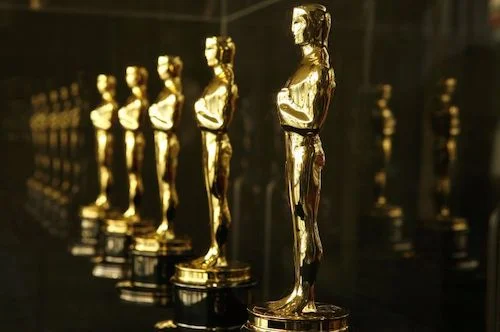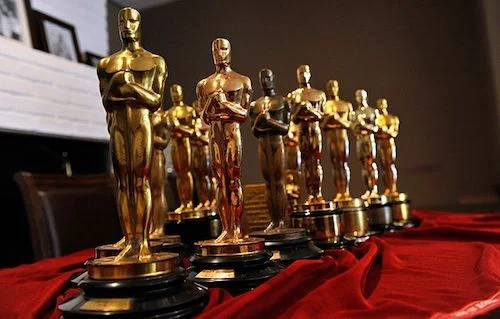Introducing: The Academy Awards Project
Tomorrow, the nominations for the 91st Academy Awards are going to be announced. What has felt like a mish-mash of a year will likely be, oddly enough, a predictable series of events come 8:20 eastern standard time tomorrow morning. We will see the nominations announced by Kumail Nanjiani and Tracee Ellis Ross (maybe there is a reason why neither person is eligible to actually host the Oscars, because either would be great, but that’s a different inquiry for a new day). One by one, each expected name will be dropped. Green Book. Roma. A Star is Born. The Favourite. Black Panther. You name it.
A few weeks ago, when the Golden Globes were happening, I wrote that the race was highly unpredictable. Well, things have changed drastically. If you follow sites like Gold Derby or Rotten Tomatoes (the awards race parts of the site, anyways), you can clearly see patterns that are deeply formed now. Regina King, when nominated, has dominated the Best Supporting Actress categories of shows. The fight between mainstream and cinephilia is stronger than ever, pushing Green Book (further than something like BlacKkKlansman or Black Panther) up against Roma. Alfonso Cuarón is almost guaranteed a Best Director win at this point.
What does that mean? Is everything going to be boring now, since that, once again, we can pin point at least the majority of the works that are going to be included? It can be, if that’s how you view the situation. However, I find it more fascinating that, once again, the Academy Awards is not an indicator of what truly is the best works of our time (though many of the actual best films out there might get included at the Oscars; a higher chance than the best albums being inducted into the Grammys list of nominations), but rather a test of American society.
With all of this being said, all of the nominations will be dissected down to the very core. Affective the day after the nominations are read out (again, tomorrow), we at Films Fatale will be writing an article on literally every category (we aim to do one a day; if things get tight, we can double down). The order is not definitive yet, because there might be some homework to do for some categories. Each category will have the nominees listed in order from worst to best, in terms of how pertinent they are to that category. In other words, a bad film can be great in a technical way (and can rank high for sound mixing), and a good film can rank lower if it does not match up. One honourable mention will be featured for each category, because allowing more would extend these articles to a thousand more words.
The relevancy of these films, in accordance to our times, will hopefully be brought out through this experiment. This study is not to enforce why the Academy Awards are the be-all and end-all (they absolutely are not). This study is meant to discuss film at great lengths, and to understand why these films got noticed in certain ways (outside of promotion during the awards season, of course). We hope you enjoy this lengthy ride.
Andreas Babiolakis has a Masters degree in Film and Photography Preservation and Collections management from Ryerson University, as well as a Bachelors degree in Cinema Studies from York University. His favourite times of year are the Criterion Collection flash sales and the annual Toronto International Film Festival.



